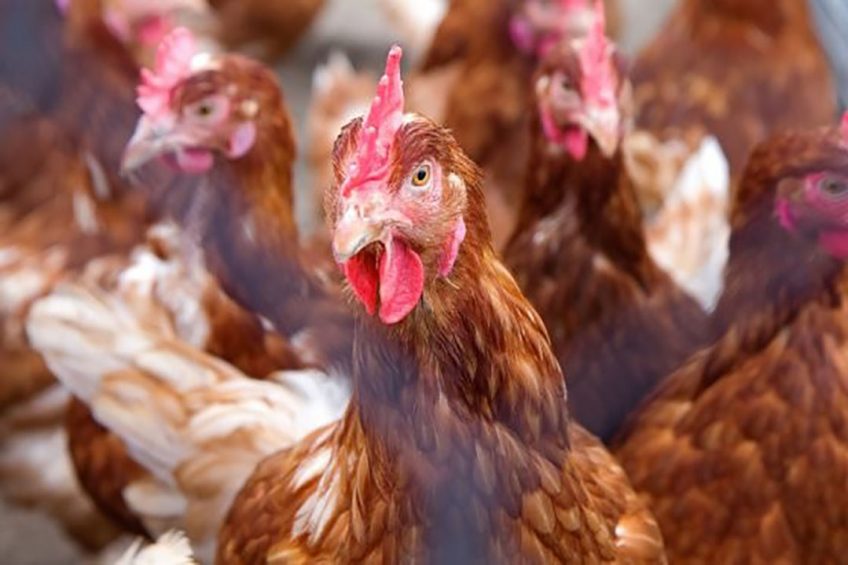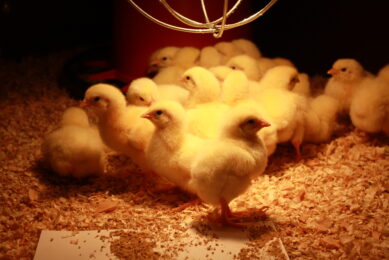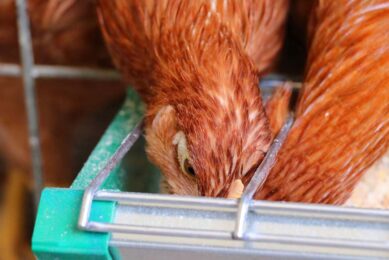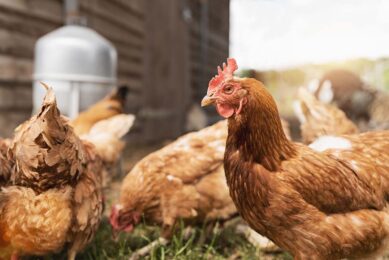European training network covering ChickenStress to launch this year

Poultry breeders are joining forces with university research teams across Europe and Israel to form a ChickenStress consortium.
The consortium, led by the University of Newcastle’s Centre for Behaviour and Evolution, aims to understand how the stress response is regulated in the avian brain and to minimise chronic stress by investigating the 3 main contributors to variation in the stress response – genetic variability, early-life environment and current environment.
Welfare conditions
The establishment of the consortium comes at a time when public opinion across Europe demands that laying hens are kept in the highest possible welfare conditions. This has led in Europe to a ban on battery cages seven years ago.
Although conceived with the best of intentions and seen as a bold step to improve welfare, unexpected problems have arisen with alternative production systems. Keel bone fractures, feather pecking and cannibalism and a resurgence of pathogens associated with birds being outdoors has risen due to a greater reliance on barn and free range production.
The consortium, which includes Trinity College, Dublin, the University of Utrecht, the Open University of Israel, University of St Andrews, IVLO (Flanders Research Institute for Agriculture, Fisheries and Food), the University of Lleida, University of Bern and Hendrix Genetics, says chronic stress is at the core of many of the challenges.
It believes it is therefore crucial to understand how hens respond to stress and to devise strategies to reduce chronic stress in laying hens. However, chronic stress is not easy to detect and quantify, because it is essentially an internal response. Researchers believe they should be able to measure such an internal response in the animals’ brains.
Projects
There are 14 projects that are due to launch in October. These cover:
- Connections and stress-related activity of different neuron sub-populations of the central extended amygdala
- Forebrain regulation of the stress response in chickens
- Predicting stress sensitivity of laying hens by identifying genetic, incubation and rearing factors
- Bioinformatic analyses of stress-related genetic data in chickens
- Genetic and stress effects on the genoarchitecture and transcriptomics of the central extended amygdala
- Interactions between genetics and early environment on stress responsivity and adaptive capacity
- Effects of early live experiences on micro-circuitry in forebrain areas involved in stress regulation
- Early life conditions and individual differences in range use in free ranging laying hens
- Effects of on-farm hatching on behavioural development and stress responsivity in laying hens
- Developing housing to improve the transition between rearing and laying periods
- Effects of early life experience on spatial cognition, neurogenesis and neurohormonal responses to stress
- Individual variation in tier use in commercial tiered aviaries
- Effects of housing conditions and of individual differences in space use on hippocampal neuroplasticity
- Changes in sleep as a measure of stress in laying hens
The study, which will run until June 2022, will include Genomics and Bioinformatics workshops at St Andrews next year, a science and industry workshop in Switzerland in 2021 and a final network conference in Valencia, Spain combined with an outreach event for the egg sector.
 Beheer
Beheer








 WP Admin
WP Admin  Bewerk bericht
Bewerk bericht